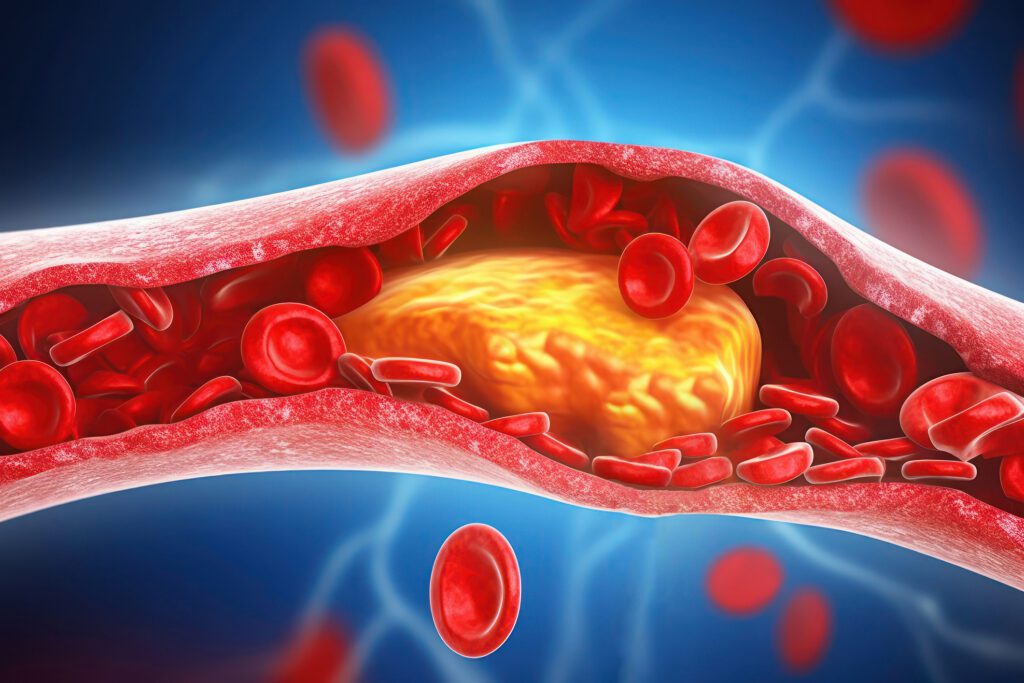Polycystic Ovarian Syndrome (PCOS), is much more common today than it was twenty years ago. PCOS affects 5-10% of women and potentially up to 15-20%, due to different standards for diagnosis.
Polycystic Ovarian Syndrome (PCOS) is a complex endocrine and metabolic condition.1 And it is becoming all too common. Are you a young female in your mid 20’s or 30’s with concerning symptoms of facial hair and cystic acne? Have you been experiencing irregular or painful periods? What if in addition to this, you seem to be gaining more fat around the tummy and your blood sugar is high? Perhaps a recent visit to your medical doctor might also reveal elevated testosterone levels on blood work or ovarian cysts on a pelvic ultrasound?
Any combination of these symptoms can be considered PCOS. But despite being the most common hormone disorder in reproductive-age women, PCOS is still underdiagnosed.2 Patients with PCOS do not always seek care and are not always aware that their PCOS symptoms can be improved with natural medicine.3 One survey showed that two-thirds of PCOS patients are unsatisfied with their experience of diagnosis, and only 15% were satisfied with the information and materials they received.4 Almost half of the women saw more than three clinicians before a diagnosis was obtained.4 One estimate found that 500,000 patient visits a year are associated with PCOS.7
PCOS comes with major health risks – so early diagnosis can reduce the long-term health impacts. Common co-existing conditions include infertility, high blood pressure, type 2 diabetes, depression, anxiety, sleep apnea, menstrual irregularities, and more.1,2 For example, one study found that 42% of women with PCOS also had irritable bowel syndrome (IBS), and these patients had both higher BMI and higher body fat percentages.5 Insulin resistance is found in 50-70% of females with PCOS.1 Women with PCOS are also more likely to have anxiety or depression, even when compared with controls with the same BMI.6
While this may sound depressing, we have so many natural and effective tools in Naturopathic Medicine to help diagnose and treat patients effectively. For example, a comprehensive Naturopathic physical exam can aid in an accurate diagnosis. We offer accurate body composition analysis for muscle and fat percentages to see if women are in the optimal range and this includes their daily metabolic rate. I offer physical exams for almost all my patients and these are head-to-toe and include heart, lungs, EENT (Eyes, ears, nose and throat), abdominal exam and skin exam where we may find evidence of acanthosis nigricans and hirsutism – as these are common physical findings in PCOS.8
A recent Cochrane review concluded that lifestyle interventions “may improve the free androgen index, weight, and BMI in women with PCOS.”9 Lifestyle modifications are crucial to help patients with PCOS alleviate symptoms and reduce ongoing health risks.10 For instance, a plant-based diet (without energy restriction), lifestyle education, and aerobic exercise reduced PCOS symptoms in a cohort of 30 women over 16 weeks more than the Therapeutic Lifestyle Changes cardioprotective diet, though both groups showed improvements during the study.11
Accurate diagnosis and screening coupled with natural and lifestyle recommendations can improve a women’s health (and fertility) now and in the long term.12 To learn more about PCOS please visit here or book online to set up an initial consultation and screening test.
My message to you:
If you have concerns pertaining to a possible PCOS condition, don’t get overlooked and don’t settle for birth control pills. They just provide a temproary fix, and even aggravate some women.
I take you seriously and aim to optimize your female body to an organic state of balance with natural and effective, evidence-based therapies.
References
- Sirmans SM, Pate KA. Epidemiology, diagnosis, and management of polycystic ovary syndrome. Clin Epidemiol. 2013;6(1):1-13. doi:10.2147/CLEP.S37559
- Sirmans SM, Parish RC, Blake S, Wang X. Epidemiology and comorbidities of polycystic ovary syndrome in an indigent population. J Investig Med. 2014;62(6):868-874. doi:10.1097/01.JIM.0000446834.90599.5d
- Ding T, Hardiman PJ, Petersen I, Wang FF, Qu F, Baio G. The prevalence of polycystic ovary syndrome in reproductive-aged women of different ethnicity: a systematic review and meta-analysis. Oncotarget. 2017;8(56):96351-96358. doi:10.18632/oncotarget.19180
- Gibson-Helm M, Teede H, Dunaif A, Dokras A. Delayed diagnosis and a lack of information associated with dissatisfaction in women with polycystic ovary syndrome. J Clin Endocrinol Metab. 2017;102(2):604-612. doi:10.1210/jc.2016-2963
- Mathur R, Ko A, Hwang LJ, Low K, Azziz R, Pimentel M. Polycystic ovary syndrome is associated with an increased prevalence of irritable bowel syndrome. Dig Dis Sci. 2010;55(4):1085-1089. doi:10.1007/s10620-009-0890-5
- Cooney LG, Lee I, Sammel MD, Dokras A. High prevalence of moderate and severe depressive and anxiety symptoms in polycystic ovary syndrome: a systematic review and meta-analysis. Hum Reprod. 2017;32(5):1075-1091. doi:10.1093/humrep/dex044
- Jason J. Polycystic ovary syndrome in the United States: clinical visit rates, characteristics, and associated health care costs. Arch Intern Med. 2011;171(13):1209-1211. doi:10.1001/archinternmed.2011.288
- Schmidt TH, Khanijow K, Cedars MI, et al. Cutaneous findings and systemic associations in women with polycystic ovary syndrome. JAMA Dermatol. 2016;152(4):391-398. doi:10.1001/jamadermatol.2015.4498
- Lim SS, Hutchison SK, Van Ryswyk E, Norman RJ, Teede HJ, Moran LJ. Lifestyle changes in women with polycystic ovary syndrome. Cochrane Database Syst Rev. 2019;3:CD007506. doi:10.1002/14651858.CD007506.pub4
- Lua ACY, How CH, King TFJ. Managing polycystic ovary syndrome in primary care. Singapore Med J. 2018;59(11):567-571. doi:10.11622/smedj.2018135
- Kazemi M, McBreairty LE, Chizen DR, Pierson RA, Chilibeck PD, Zello GA. A comparison of a pulse-based diet and the therapeutic lifestyle changes diet in combination with exercise and health counselling on the cardio-metabolic risk profile in women with polycystic ovary syndrome: a randomized controlled trial. Nutrients. 2018;10(10):E1387. doi:10.3390/nu10101387
- Wolf WM, Wattick RA, Kinkade ON, Olfert MD. The current description and future need for multidisciplinary PCOS clinics. J Clin Med. 2018;7(11):E395. doi:10.3390/jcm7110395







